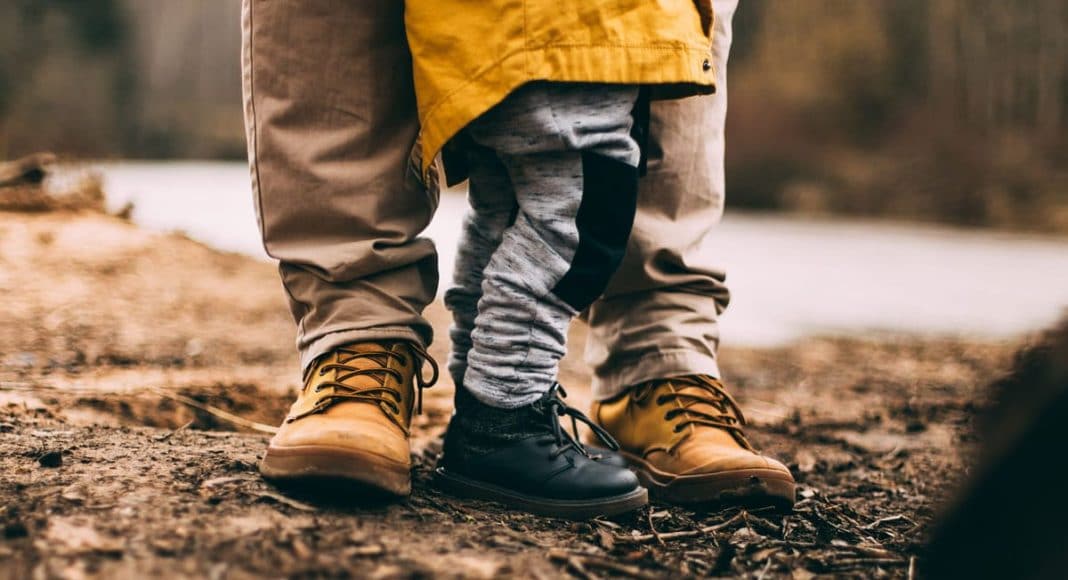Medical marijuana has demonstrated to be a helpful therapy for adults, but administering it to children remains a controversial topic. But a promising new study suggests that cannabis can help children with certain maladies.
According to a report published this week title “Medical Cannabinoids in Children and Adolescents: A Systematic Review” in journal Pediatrics, “evidence for benefit was strongest for chemotherapy-induced nausea and vomiting, with increasing evidence of benefit for epilepsy” among children. But the researchers say there still is not sufficient evidence that cannabis can help adolescents with other ailments.
“Children and adolescents can legally access medical cannabis if they have certification from a doctor and from their legal guardian,” said Dr. Shane Shucheng Wong of Harvard’s department of psychiatry and a lead study author. “As a result, doctors and families really need to understand what we know and what we don’t yet know about medical cannabis to make the best decision for the child’s health.”
Medical marijuana programs are legal in 29 states (plus Washington D.C.) and, as the researchers note, “has led to a widening gap between the accessibility and the evidence for cannabinoids as a medical treatment.” The research attempted to discover acceptable use for children.
The study did not find evidence that medical marijuana was effective for children with ailments such as chronic pain, PTSD or Tourette’s syndrome. The researchers concluded “additional research is needed to evaluate the potential role of medical cannabinoids in children and adolescents.”
But some experts point to this study as a positive sign. As Paul Armentano, deputy director of NORML, told Healthline:
“The real-world results of these programs indicate that cannabinoids can play a role in pediatric care, particularly in the treatment of life-threatening seizures, and that they can do so in a manner that is sometimes safer and more effective than conventional treatments.”
According to Children’s Hospital Colorado, epilepsy affects 1 in 26 people at any point in their lifetime. More than three million Americans, including almost 400,000 children, currently live with epilepsy, with one-third living with treatment-resistant seizures.


